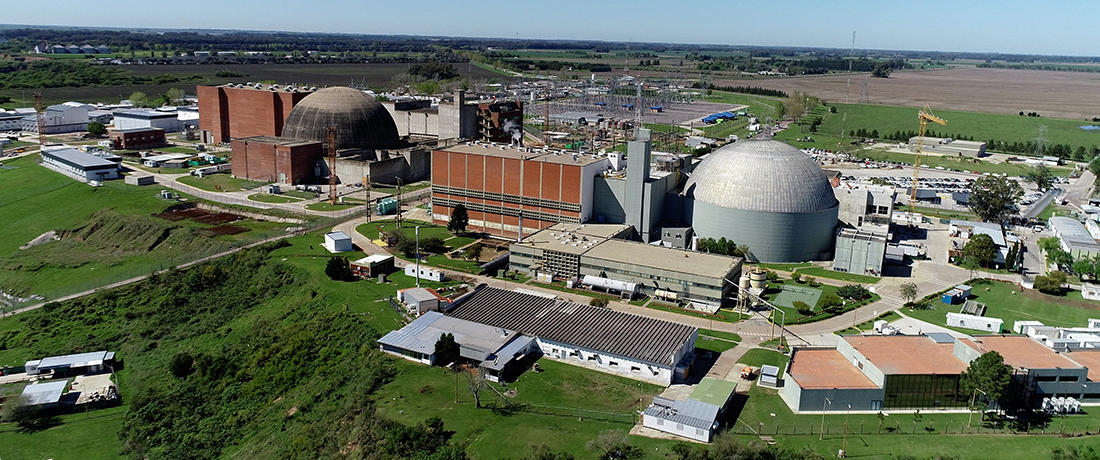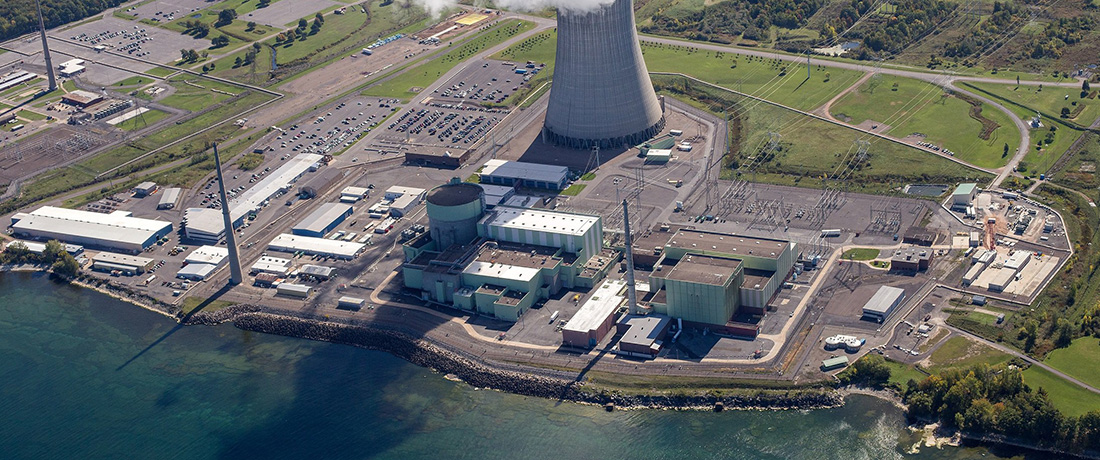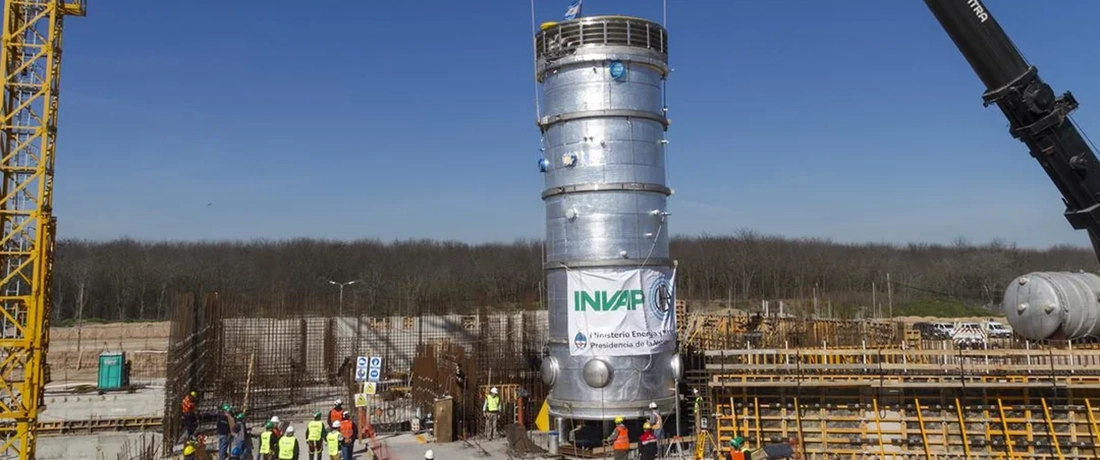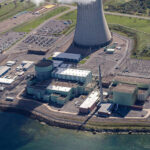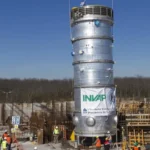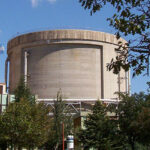The decision has caused controversy because Nucleoeléctrica Argentina is one of the country’s few state companies that turns a profit
The government will privatize part of the state-owned company in charge of Argentina’s three nuclear power plants, presidential spokesman Manuel Adorni confirmed in a press conference on Tuesday.
A 44% share of Nucleoeléctrica Argentina will be put up for sale. The company controls the Atucha I, Atucha II, and Embalse nuclear plants. Together, they have a capacity of 1,763 MW and generate about 7% of the country’s power.
The decision was met with criticism. “If [Nucleoeléctrica Argentina] is privatized, we run the risk of increased power bills, and once the deal is done, private companies will take the profits and leave us with the environmental liabilities,” wrote Adriana Serquis, former head of the National Atomic Energy Commission, on X. “It’s a measure that completely surrenders our sovereignty, development, and rights.”
Nucleoeléctrica is one of the few state-owned companies that makes money: in the first quarter of this year, it turned a profit of AR$17.2 billion (US$11.7 million).
The company was made eligible for privatization under the Ley Bases passed in 2024. It could be valued at between US$560 million and US$1 billion, according to official estimations.
The government says it will sell 44% of Nucleoeléctrica’s shares through a national and international tender. The national government will keep 51% of the capital and, with it, control of the company. The company will organize an employee share ownership program for up to 5% of the share capital.
Currently, the company is owned by the Economy Ministry (79%), the National Atomic Energy Commission (20%), and public company Energía Argentina (ENARSA).
The administration made the privatization announcement after firing three of the company’s senior managers, local media reported. The company’s head, Demián Reidel, is also the self-styled architect of Milei’s “nuclear plan,” which includes the construction of a privately-financed small nuclear reactor called the ACR-300.
Argentina had already started building a state-funded small reactor, the CAREM, in 2014 — but the Milei administration slashed its funding on the grounds that it was not “commercially viable,” according to Guido Lavalle, the president of the National Atomic Energy Commission.
The CAREM is 85% complete. Construction has stopped, but sources at the commission told the Herald that some engineers are still working on it of their own initiative.
Due to the pay freeze in the state’s nuclear sector, some engineers previously employed by the government — including some working on the CAREM — are flocking to Meitner, the company founded to build the ACR-300, sources close to the matter told the Herald.
Reidel’s nuclear plan also includes turning Argentina into a uranium-exporting nation and building a “nuclear city” in Patagonia — a metropolis completely powered by atomic energy, where he aims for Big Tech companies to set up Artificial Intelligence (AI) data centers.
